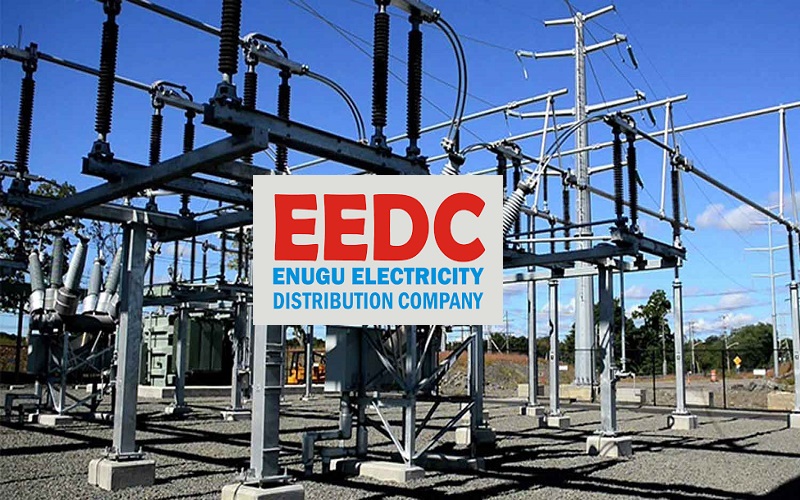🌿 Ruzu Non-Alcoholic Herbal Bitters
Ruzu Non-Alcoholic Herbal Bitters is a natural health supplement specially formulated to:
- ✅ Promote general wellness
- ✅ Detoxify the body
- ✅ Support the treatment of various ailments
Made from a powerful blend of 100% organic and medicinal herbs, Ruzu is completely alcohol-free, making it ideal for:
- 👪 All age groups
- 🌱 Health-conscious individuals
- 🌿 Anyone seeking non-alcoholic herbal remedies
Whether you're looking to boost your vitality, cleanse your system, or support healing the natural way, Ruzu Bitters offers a trusted herbal solution.
The South-Eastern region of Nigeria is bracing for a potential blackout as the Enugu Electricity Distribution Company has threatened mass disconnection of customers over unpaid bills.
This is coming amidst ongoing challenges in the Nigerian power sector, characterized by insufficient generation, transmission bottlenecks, and a cycle of debt.
A statement on Friday, signed by the management and issued by its Media and Communications Manager, Emeka Ezeh, indicated that the exercise would commence on June 10, adding that the move became necessary considering the huge unpaid electricity bills and accrued arrears.
The EEDC distributes electricity to the South-East states of Anambra, Imo, Enugu, Abia and Ebonyi.
The statement read in part, “The Enugu Electricity Distribution Company Plc wishes to notify her customers with outstanding electricity bills that effective from 10th June 2024, the company will commence the disconnection of electricity supply to these indebted customers.
“This exercise has become necessary considering the huge unpaid electricity bills and accrued arrears, which has consistently put the company in a precarious revenue deficit position, making it difficult to meet up with its power purchase obligations.
Read Also: IPOB rejects bill seeking additional state for South-East, demands referendum instead
“For EEDC to continue providing services to its esteemed customers, it is pertinent that electricity bills, which are for energy already consumed, are paid in full. If this is not done, it will be difficult for the company to keep up its operations to serve customers and enhance the quality of service.”
The Disco’s threat highlights the financial strain within the electricity distribution sector. Discos are responsible for distributing electricity to consumers but often struggle to collect payments due to factors like estimated billing, tampering with meters, and a general reluctance to pay for unreliable service.
The impact of mass disconnection could be widespread. Homes and businesses in the South-East would face severe disruptions, affecting daily activities, productivity, and economic output. Hospitals, essential services, and educational institutions would also be significantly impacted.
While the extent of the planned disconnection remains unclear, it underscores the urgency of addressing the underlying issues in the Nigerian power sector.
If you like what we do, and are ready to uphold solutions journalism, kindly donate to the Ripples Nigeria cause.
















